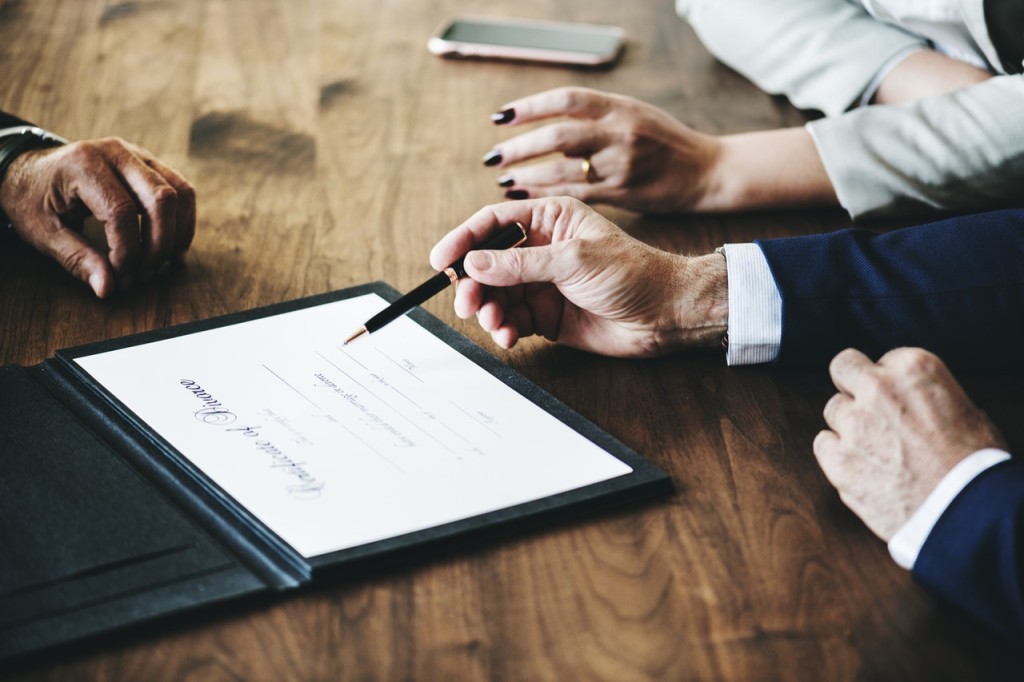Going to trial is never fun, it does matter if it’s a small claims case in New York or if you need the services of experienced west coast trial lawyers in Los Angeles. But if you happen to find yourself in this situation, there are a few practical things you should know. These tips will not only help you to be better prepared but will give your lawyer the ammunition they need to properly represent you. With that in mind, here are four things to prepare when you need a trial lawyer.
Understand the Complaint
While reading legal documents might give you a headache, the reality is that your lawyer needs to have a full understanding of the claims may by your accusers. As such, you will want to sit with him or her and go over every point in the document. Doing this will not only increase your comprehension of the case and its ramifications, it will also help your lawyer to be prepared. This is a win-win and for that reason, it is more than worth the time.
As you lead the document, there are a few questions you will want to ask yourself. First, how can I show that the statements are either true or false? This question will help you to put together a list of evidence that you will need to support your case. These could include documents such as letter and emails, witness testimony, or anything else that will be needed to persuade the court.
Now that you have the initial list of documents you will need to prove your case, then you should ask yourself if anything material has happened since in the time leading up to the ‘incident’ or following it. These could include failure to deliver as promised or efforts to mediate the issue. By looking at this, you and your lawyer will be in a better position to present not just the facts of the case but also the context in which they occurred.
Lastly, you want to deconstruct the complaint to map out the timeline of events. When doing this you want to see if there are any gaps in the story – for example, something that was left out and might help you to prove your case.
While your lawyer will probably ask you many more questions, the above is sure to be immensely useful when going to court. Beyond this, don’t forget any materials that you think might be important.
Prepare for any Weak Spot in Your Case
It doesn’t matter if you are the plaintiff or defendant, you want to sit with your lawyer and review any potential blind spots which could derail your case. This is important as getting a decision in your favor often hinges on the small things – ‘the devil is in the details’ as they say.
Once you know the weak spot, then you want to work with your lawyer to mitigate the potential damage. If you’re lucky, the opposition might never bring up the point you are most concerned about will never come up. But you need to be prepared as anything can happen.
Get Your Papers in Order
Legal cases are all about discovery. There are document requests, interrogatories, reviews, and modeling – the cycle continues repeatedly until a final decision is rendered. This means that you need to have all your papers in order well in advance. While this might sound like a lot of extra effort, it will go a long way to making sure you and your team are prepared.
But going over the documents are not enough. You will want to work with your lawyers to make copies for the court, make sure that backups are in place, and to have the documents properly cataloged for future reference.
Practice Makes Perfect
It doesn’t matter if you are preparing to testify in a depositionor in open court, practice makes perfect and this means going over your story in detail and then being prepared for how to react when you are under pressure.
One pro tip is to put your notes on index cards and then to practice your responses. Not only do you want to commit what you will say to memory, but you also want to focus on your demeanor when providing those answers.
As you can see, get the judgment you want takes preparation. While this might seem like a massive time sink, the reality is that the winner is often not the side with the best case; instead, it is the side who can be present the facts in a matter that supports their claim.


